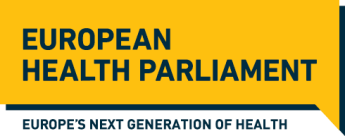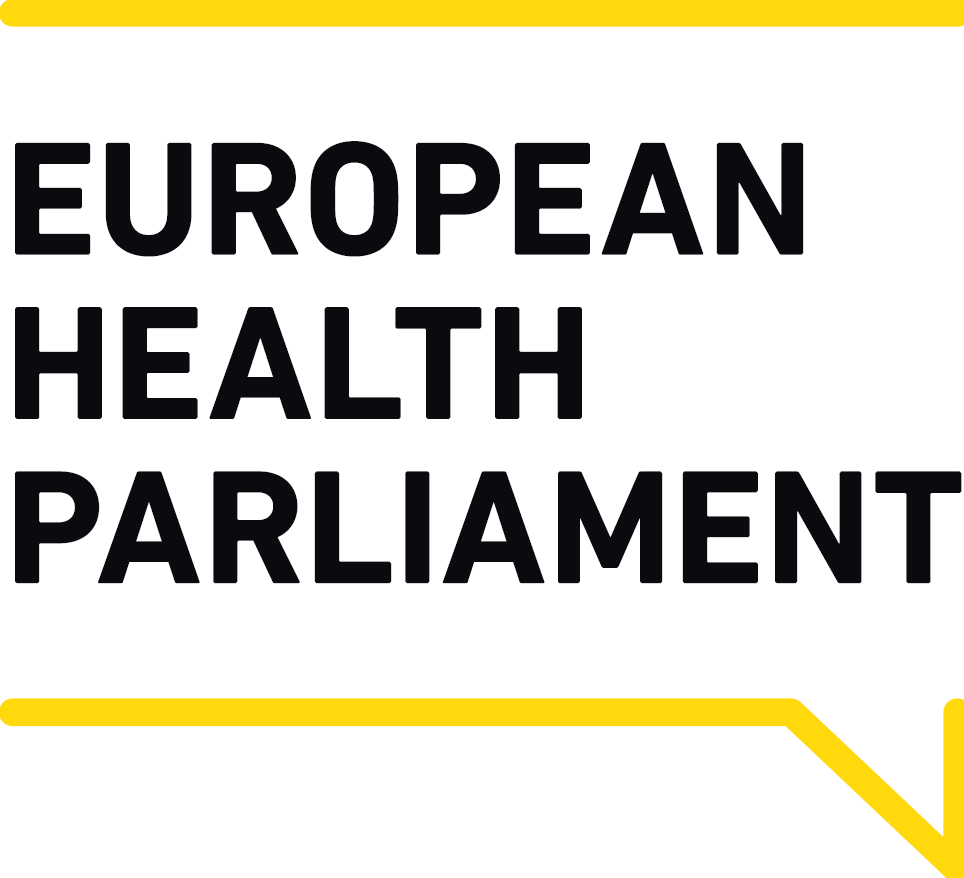October, 17, 2017
EHP Policy Paper 2017-2018
The Future of Healthcare in Europe – EHP3 POLICY PAPER
The role of Europe in leading the world in healthcare innovation
On Wednesday, 13th of September, European Commission President Juncker delivered his “2017 State of the Union Speech” covering upcoming legislative priorities and outlining his vision for the future of the European Union (EU). In his speech, Juncker referred to the five scenarios presented in the “White Paper for the future of Europe for 2025” and, as regards Europe’s healthcare sector, a burning issue was brought up:
“It is unacceptable that in 2017 there are still children dying of diseases that should long have been eradicated in Europe. Children in Romania or Italy must have the same access to measles vaccines as other children right across Europe. No ifs, no buts. This is why we are working with all Member States to support national vaccination efforts. Avoidable deaths must not occur in Europe”, Juncker said.
So, even if Europe has the world’s most advanced systems of welfare State and its scientific community is at the vanguard of global research to tackle health challenges, the statement made by the Commission President evidences how much still has to be done to equally and adequately meet citizens’ needs in the EU.
Further, Europe is ageing fast and life expectancy is reaching unprecedented levels. With a median age of 45, Europe will be the “oldest” region in the world by 2030. This, together with the increasing prevalence of chronic diseases, poses major threats when it comes to the sustainability of the healthcare sector in EU. Therefore, there are pressing challenges ahead that must be tackled.
The European Health Parliament (EHP) is an initiative committed to make health and innovation a priority for Europe in the forthcoming years. We believe that Europe should become a world leader in improving the health of EU citizens and this is why we are calling for continued European cooperation in the healthcare sector. It is time to put citizens’ health at the heart of the future Europe by turning it into an Innovation Hub, ensuring access for all to the most innovative medicines as well as embracing the digital revolution in healthcare.
What is Europe’s role vs the Members states? What is the role of Europe on healthcare? These are some of the questions that the Third Edition of the EHP will try to address. To best do so, we have identified, in liaison with the European Commission, 5 policy areas where the EU institutions would like to hear from young professionals and students new policy solutions for the forthcoming years. Through this initiative we hope to positively and actively contribute in the policy shaping for the future of healthcare in Europe.
Policy areas for the EHP#3
Committee on Outcomes–based Healthcare Systems
How to set up real outcomes–based health systems in Europe? What is the role of the EU in potential tools & solutions’ creation and best practice dissemination?
Keywords: data sharing & data privacy, patient satisfaction & reimbursement, reward-based system, Big Data for Better Outcomes (BBDO).
The research should provide recommendations and promote best practices in terms of health systems’ reforms to shift towards outcomes-based approach systems and reduce inefficiencies. To this end, the role of digital systems to capture outcomes – leveraging existing data-pools/registers together with Innovative Medicines Initiative (IMI) projects should be a focus of the policy recommendation. Future innovation should be secured by introducing the right rewards for the right value.
Committee on Robotics, a.i. & Precision Medicine
What is the promise of robotics, A.I. and precision medicines and how could the EU enable it?
Keywords: Digital health, future of devices, R&I
Committee members should evaluate which can be the new technologies to achieve breakthrough innovation in the market. In this regard, the focus should be on digital medicine/surgery, including data gathering and analytics as well as on machine learning. Part of the research should also focus on the access to robotic surgery for all patients and all surgery open and laparoscopy. The final outcome is to understand what are the benefits of digital technologies to health treatments for critical disease areas such as diabetes, stroke, and cancer, as well as self-care and health literacy, leading to radically improved care and quality of life.
Committee on Antimicrobial Resistance
Considering the threat that AMR presents for Europe, what would be the incentives needed to prevent AMR at EU level?
Keywords: AMR/Healthcare-Associated Infections (HAI), incentives to stimulate R&D into new antibiotics/vaccines, public private partnerships
The committee should analyse the opportunities for solutions to manage the AMR challenge and stimulate the development of innovative technologies. To this end, the establishment of new incentives to stimulate R&D into new antibiotics, need for collaborative R&D approaches and new rewards systems at the EU level could also be considered. Further, the committee should define and promote best practices of national action plans on AMR and their implementation. Eventually, it could provide recommendations on the exact EU actions in the complex area of AMR to support countries and ensure tangible outcomes.
Committee on a Health Workforce Planning
What skills the future health workers need to ensure the sustainability of our healthcare systems?
Keywords: Health workforce/skills/education, professional diversification, prevention & self-care, empowering others (e.g. pharmacists).
Reinforcing the role of pharmacists helping patients and consumers exercising self-care, especially for minor ailments.
Committee on a European Vaccine Initiative
What role for the EU in setting up a pan-European vaccination program?
Keywords: incentives, R&D, patient education
The committee should relate to the EU Joint Action on vaccination and work on policy recommendations to encourage uptake of vaccination. Vaccination hesitancy is a working trend and having ideas by the youth and debate on how to manage this is crucial. Uptake of adult vaccination and its impact on AMR has a great potential and could be also tackled by this committee and connected to the AMR committee. This group could also look into the R&D policy and priorities for new vaccines development.





